QR barcode scanner is a tool or application that enables users to scan and interpret Quick Response (QR) codes, which are two-dimensional barcodes containing encoded information. Here's an overview of its functions, characteristics, highlights, and advantages:
Function:
Scanning QR Codes: The primary function of a QR barcode scanner is to scan QR codes using the camera of a smartphone, tablet, or dedicated scanning device.
Interpretation of Information: Once scanned, the QR barcode scanner decodes the encoded information embedded within the QR code, which may include text, URLs, contact information, app links, or other data.
Action Prompting: Depending on the type of information encoded in the QR code, the scanner may prompt the user to take specific actions, such as opening a website, adding contact details to their address book, or launching a mobile app.
Copying and Sharing: Some QR barcode scanner apps allow users to copy or share the decoded information via email, messaging apps, or social media platforms.
Characteristics:
Accessibility: QR barcode scanners are widely available as mobile apps for smartphones and tablets, making them accessible to a broad range of users.
User-Friendly Interface: Most QR barcode scanner apps feature a simple and intuitive interface, allowing users to scan QR codes with minimal effort.
Speed and Accuracy: Modern QR barcode scanners are designed to quickly and accurately capture QR codes, even in low-light conditions or from challenging angles.
Compatibility: QR barcode scanner apps are compatible with various mobile devices and operating systems, including iOS, Android, and Windows.
Highlights:
Convenience: QR barcode scanners offer a convenient way to access information or perform actions quickly by scanning QR codes with a smartphone camera.
Versatility: QR codes can contain a wide range of information, allowing users to scan codes for tasks such as accessing websites, making payments, or checking in at events.
Contactless Interaction: QR codes facilitate contactless interaction, making them useful in situations where physical contact or paper-based forms are impractical or undesirable.
Marketing and Promotional Opportunities: QR codes are often used in marketing campaigns and promotional materials to provide additional information, discounts, or incentives to consumers.
Advantages:
Efficiency: QR barcode scanners streamline tasks such as accessing websites, adding contacts, or making payments by eliminating the need for manual data entry or typing.
Information Access: QR codes provide a convenient way to access additional information or perform actions without the need for typing URLs or searching for specific content.
Enhanced Security: QR codes can be encrypted or authenticated to enhance security, making them suitable for tasks such as mobile payments or secure access to sensitive information.
Cost-Effectiveness: QR barcode scanners are typically available as free or low-cost mobile apps, providing a cost-effective solution for businesses and individuals to leverage QR code technology.
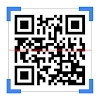
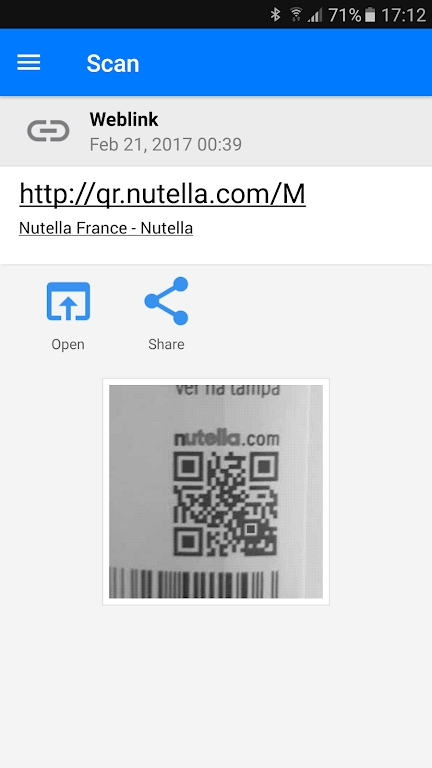
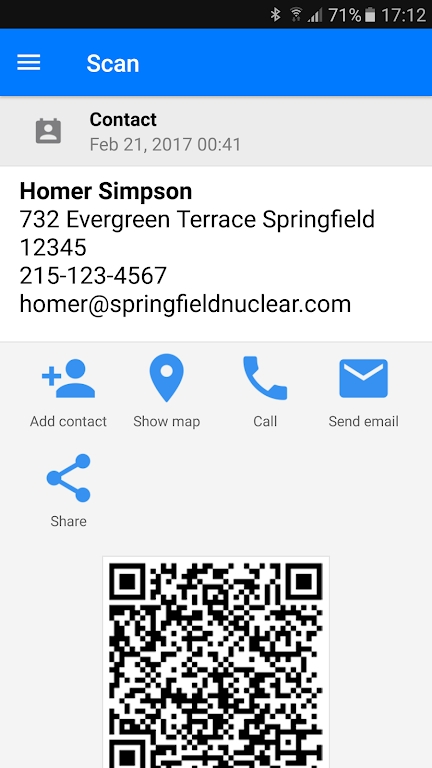
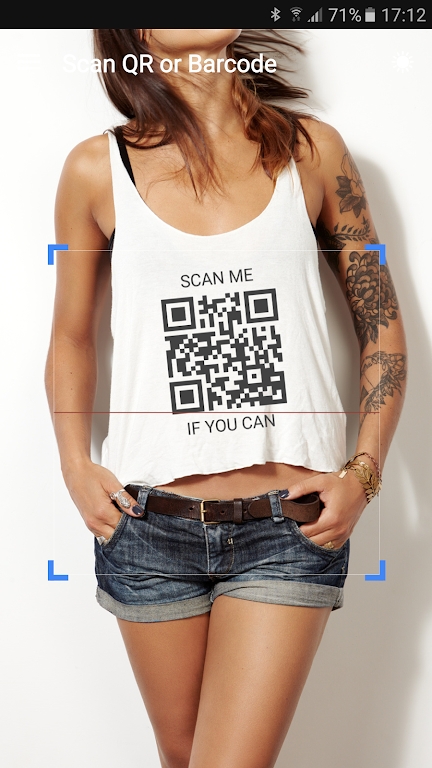
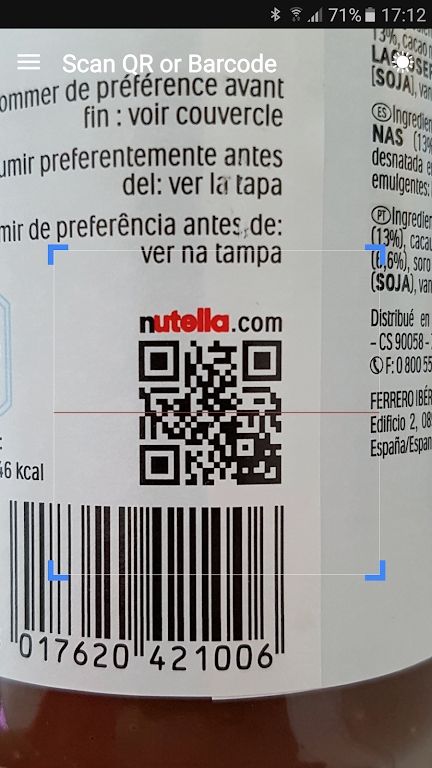

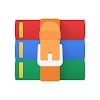











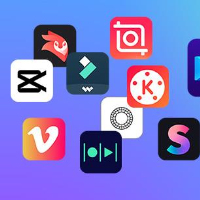




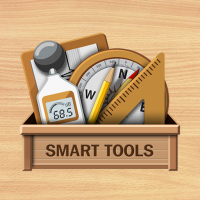
Preview: